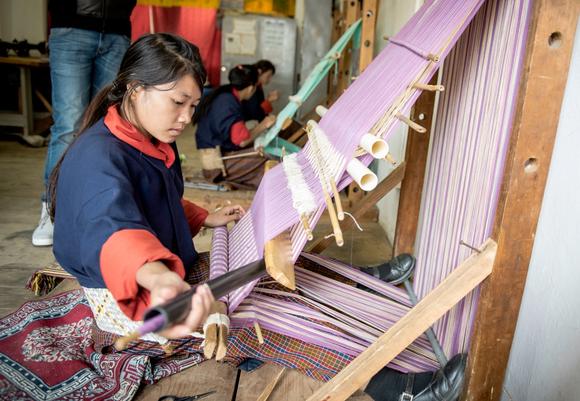Bhutan is one of the fastest-growing economies in Asia, but the Himalayan kingdom has a fundamental problem: Its private sector is relatively underdeveloped and starved for capital.
The Asian Development Bank projects gross domestic product growth of 8% for the fiscal year ending in June, but the expansion is being driven by investment in hydropower construction, largely financed by the Indian government, Nikkei reported.
Farming and the public sector together account for three-quarters of employment in Bhutan due to “the lack of dynamism in the private sector,” according to a recent World Bank report.
To Michael Barth, a former management consultant who helped set up Bhutan’s first law school in 2008, this is a moment of opportunity. He has been meeting with wealthy individuals and other private investors around the world to raise $100 million to launch Bhutan’s first private equity fund.
He argues that there are high returns to be gained from taking stakes in small local companies that can capitalize on the country’s educated, tech-savvy workforce, its location between the world’s two most populous nations, its trade pacts with neighbors and its image of environmental cleanliness.
“In terms of foreign direct investment, this will be the single largest injection of capital into the private sector,” Barth told Nikkei Asian Review in an interview in Hong Kong, where his GNH Partners has offices.
Barth, the group’s managing partner, thinks investors should be able to get back four to five times their investment. He is working to list the Bhutan Fund on the London Stock Exchange’s AIM board for growth companies in the coming months. He is targeting investments of $5 million to $15 million, especially in tourism, agriculture and information technology, aiming to deploy the funds raised within three years.
The World Bank’s International Finance Corp. arm and other international development institutions have taken steps to start filling the gap. The IFC invested $28.5 million in Bhutan National Bank in 2013, the largest foreign direct investment in the country to date. The IFC has also lent money to hotel owners for expansion and, with the ADB and other development funds, invested in a company promoting the production and export of hazelnuts.
Private foreign investment has been rarer, with the country accumulating less FDI than any other in all of Asia, according to UN Conference on Trade and Development data.


